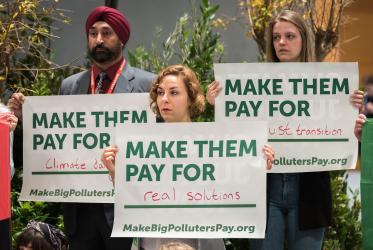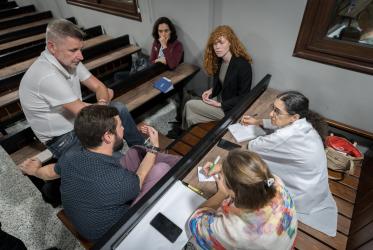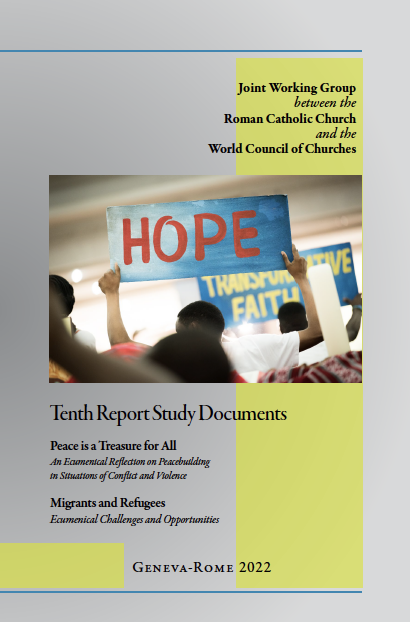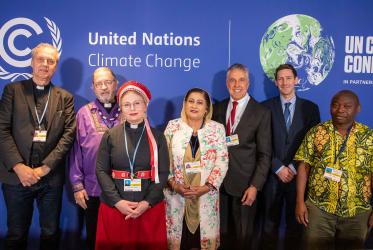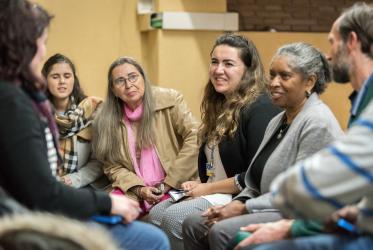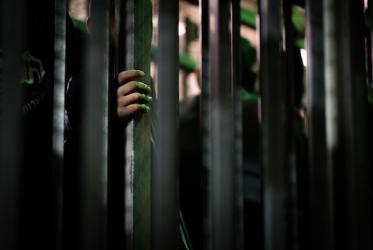Displaying 1 - 20 of 80
Tenth Report Study Documents
19 August 2022
Dr Abuom reflects on women of faith as healers of creation
05 October 2021
How racism and colonialism are exacerbating impacts of climate change
29 September 2021
Rethinking Ecological Relationships in the Anthropocene era
11 - 13 February 2021


